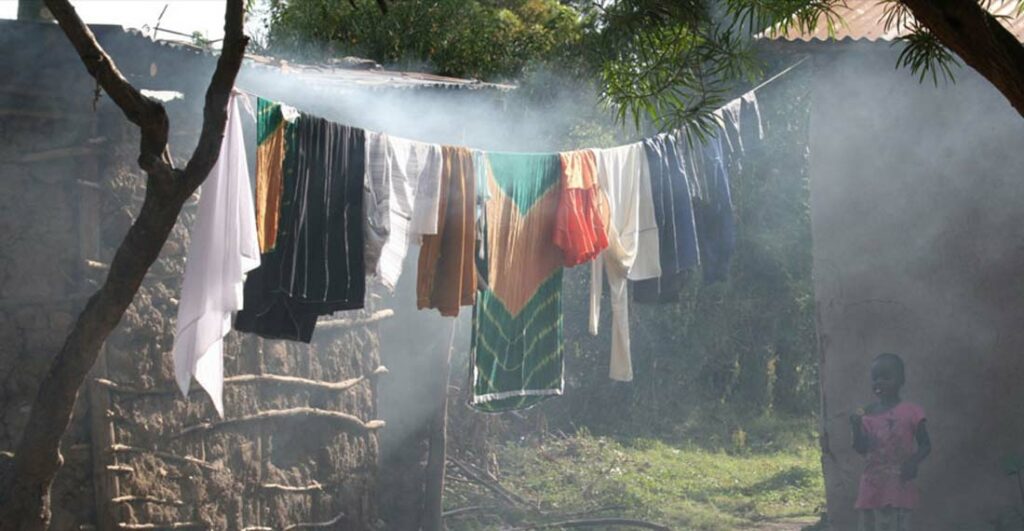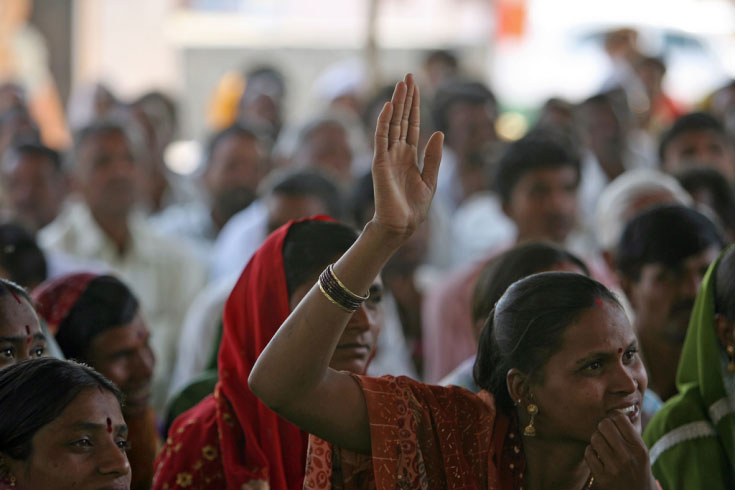
Globally, women’s involvement in clean cooking value chains has been minimal. This is partly because of the multiple challenges faced by women that impede their capacity to effectively engage in the energy sector. To better discern gender-specific differences in involvement in the energy sector, the authors conducted a randomized trial in Kenya to compare sales performance of newly trained male and female improved cookstove entrepreneurs and to test the effects of an agency-based empowerment training on business activity. A total of 257 entrepreneurs completed either a 4-day entrepreneurial training (control) or a 4-day empowerment training (intervention) and were followed for nearly 8 months documenting business activity and sales. The empowerment training led to more than doubling of sales for both genders. In addition, participants in the intervention group were significantly more likely to demonstrate business commitment over time and nearly three times more likely to be higher sellers (relative risk 1Ž4 2.7, 95% CI [1.4, 5.4]), controlling for gender and rural=urban locale. Women outsold men by a margin of nearly 3 to 1 and were more likely to continue to pursue leads despite limited sales. Nonactive participants (those selling 1 improved cookstove or less) were a larger percentage of the control group (72%) than the intervention group (50%), and more men were nonactive participants (65% of men) compared with women (56% of women).These data show that women can serve as active improved cookstove entrepreneurs in both urban and rural settings and that targeted agency-based empowerment training can significantly increase women’s capacity to engage effectively within the improved cookstove value chain.
Full Study
“Agency-Based Empowerment Training Enhances Sales Capacity of Female Energy Entrepreneurs in Kenya”
By Dr. Anita Shankar
IMAGINE Program Launch 2010

